Your Journey to a Healthier Life Starts Here
Free Insurance Verification
Verify Your Treatment Coverage
Verify Your Treatment Coverage
Addiction Helpline America connects you to 593 drug rehab centers in Georgia, featuring a variety of options such as inpatient facilities, outpatient programs, and medication-assisted treatment centers. Our comprehensive directory helps you easily find licensed and accredited treatment facilities across Georgia, ensuring you receive the right support for your recovery journey.

 | A Family First Community ServiceA Family First Community Service, located at 3855 Presidential Parkway, Suite 130, Atlanta, GA 30340, is a private alcohol and drug rehabilitation center dedicated to providing effective treatment for a variety of substance abuse addictions. Their services address issues such as alcoholism, opiate addiction, and co-occurring mental health disorders. With a focus on personalized care and evidence-based approaches, A Family First Community Service aims to empower individuals on their path to recovery, helping them achieve a healthier, substance-free life. 3855 Presidential Pkwy, Atlanta, GA 30340 | Levels of Care:Medically Assisted Detoxoutpatient Payment Options:Private Insurance Self-Pay Options Medicaid | ||
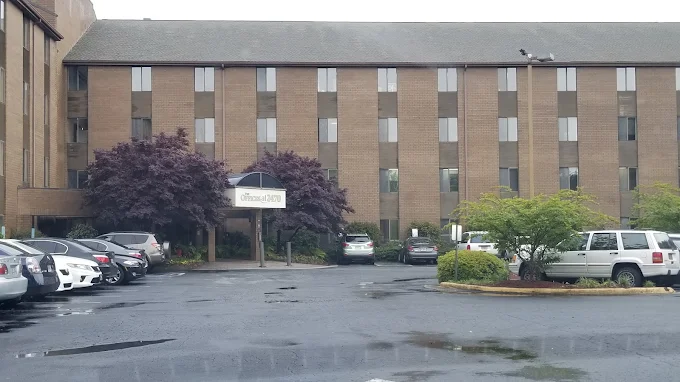 | A New Life Counseling ServicesA New Life Counseling Services, located at 2470 Windy Hill Road, Suite 300, Marietta, GA 30067, is a team of dedicated professionals focused on promoting growth, change, and healing. With over twenty years of experience, they are well-equipped to meet your court, probation, and personal requirements. Understanding the importance of balancing commitments, A New Life offers court-ordered and approved evaluations and classes during evenings, weekends, and daytime hours. Their commitment to professionalism and timely service ensures that clients can fulfill their obligations while receiving the support they need on their journey to recovery and personal development. 2470 Windy Hill Rd SE Suite 300, Marietta, GA 30067 | Levels of Care:outpatient Payment Options:Medicaid Private insurance Self-Pay Options Financial Aid | ||
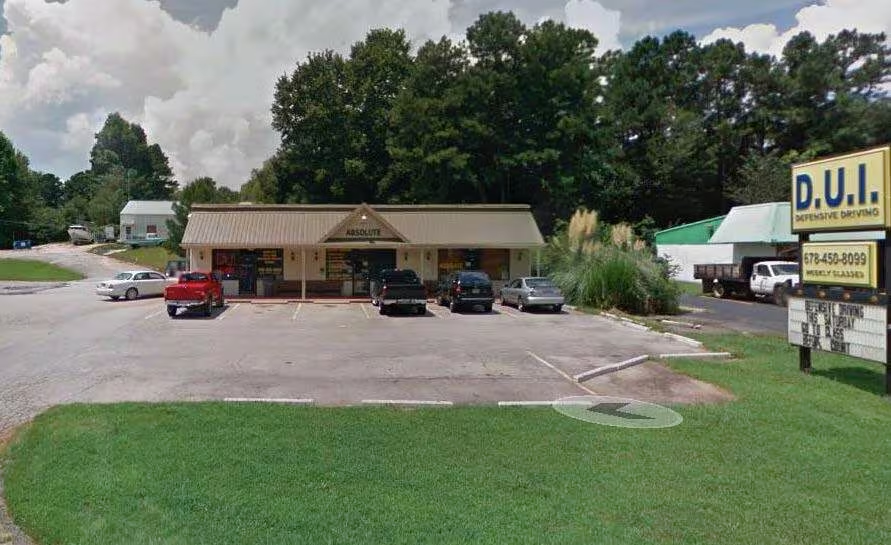 | Absolute EducationAbsolute Education, located in Oakwood, GA, is dedicated to empowering students through personalized education and support services. The institution focuses on fostering academic growth and personal development for learners of all ages. With a commitment to creating a positive and inclusive learning environment, Absolute Education offers tailored programs designed to meet the unique needs of each student. The organization aims to inspire confidence, enhance skills, and encourage lifelong learning in the community. 4516 Mcever Road, Oakwood GA, 30566 | Levels of Care:outpatient Payment Options:Self-Pay Options | ||
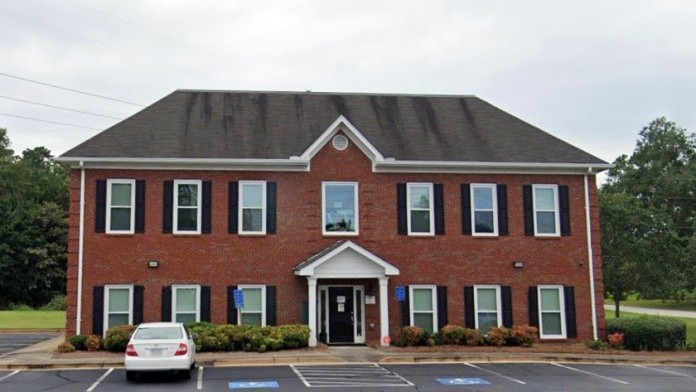 | Academy For Family Empowerment, Inc.Academy For Family Empowerment, Inc., located at 3205 Salem Rd SE, Conyers, GA 30013, is a non-profit alcohol and drug rehabilitation center dedicated to providing effective treatment for various substance abuse addictions, including alcoholism, opiate addiction, and co-occurring mental health disorders. The center offers supervised medical treatment to safely manage withdrawal symptoms during detoxification, ensuring a supportive environment for recovery. With flexible outpatient addiction therapy options, patients can receive regular treatment while living at home, alongside additional levels of care such as intensive outpatient programs designed to promote lasting recovery and overall wellness. 3205 Salem Rd SE, Conyers, GA 30013 | Levels of Care:Intensive Outpatient (IOP)outpatientMedically Assisted Detox Payment Options:Medicaid Private insurance Self-Pay Options Financial Aid | 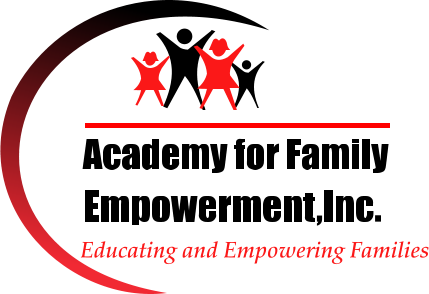 | |
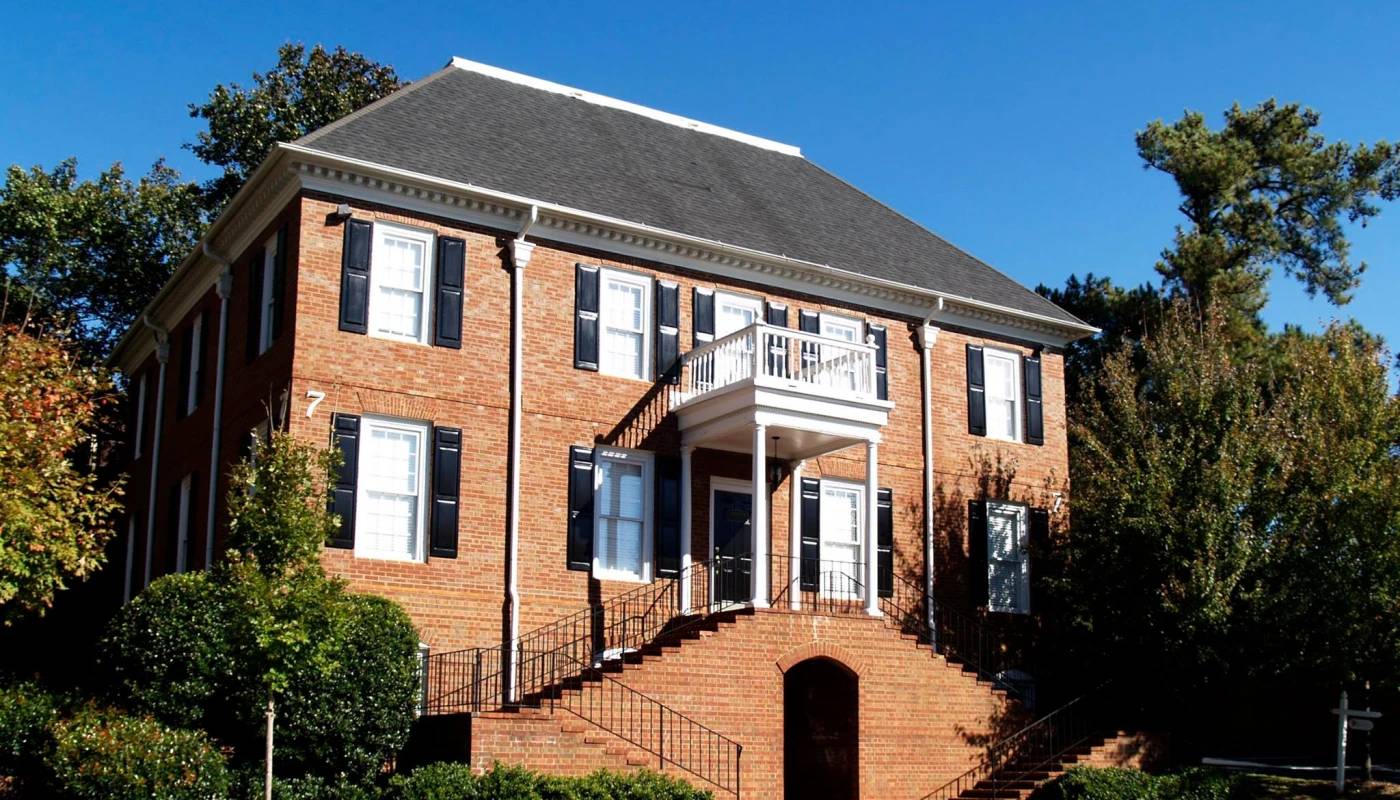 | Accelerated Recovery CentersAccelerated Recovery Centers in Marietta, GA, offers innovative addiction treatment designed to support individuals in their recovery journey. Our comprehensive programs include outpatient treatment, detoxification, and personalized therapy options tailored to meet the unique needs of each client. With a dedicated team of experienced professionals, we utilize cutting-edge techniques and evidence-based practices to foster healing and personal growth. At Accelerated Recovery Centers, we believe in empowering individuals to reclaim their lives and achieve lasting sobriety. Contact us today to learn more about our services and take the first step toward a healthier, fulfilling future. 1640 Powers Ferry Rd UNIT 300, Marietta, GA 30067 | Levels of Care:DetoxInpatientoutpatient Payment Options:Private Insurance Self-Pay Options Medicare Medicaid | ||
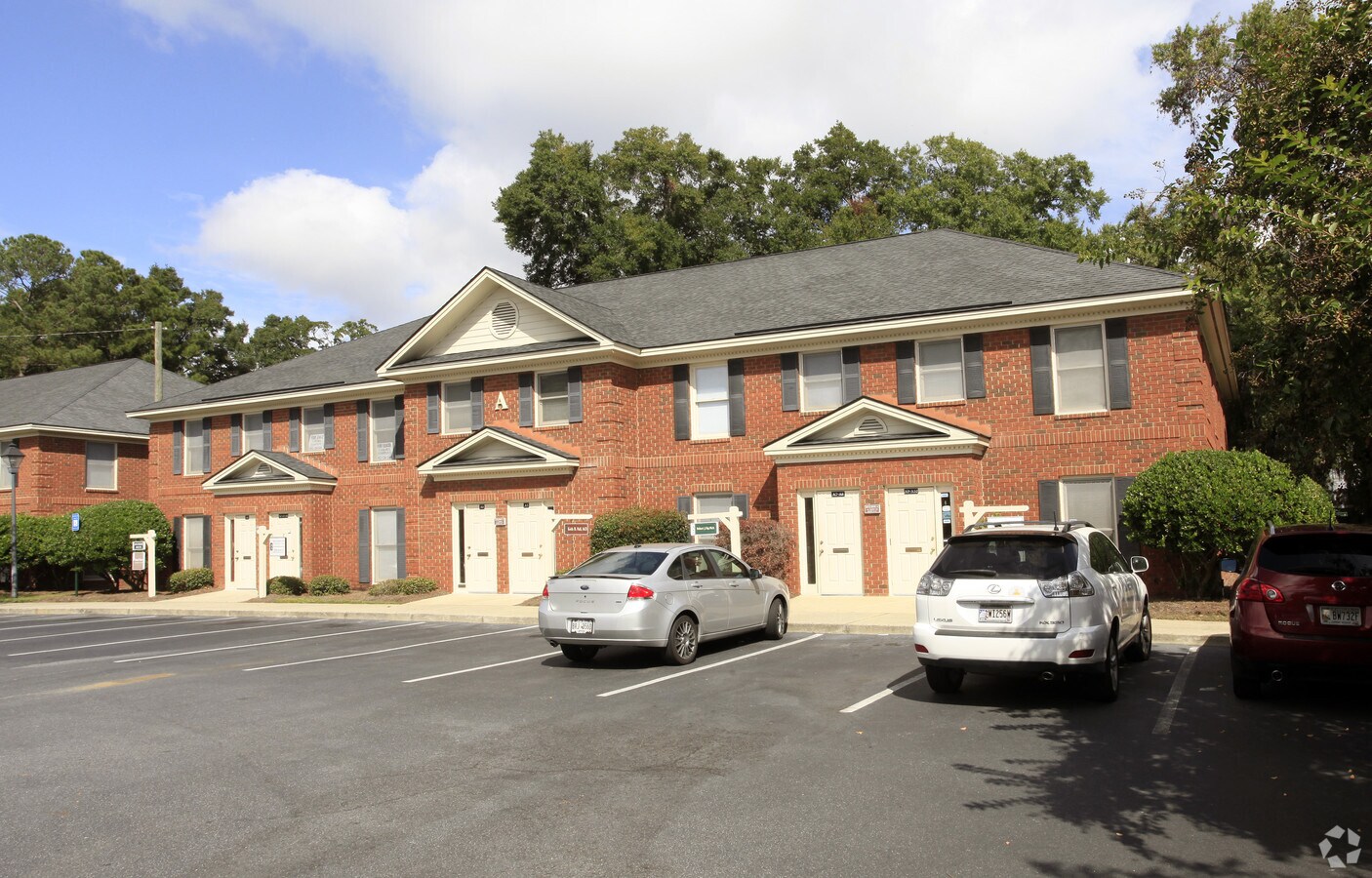 | Access Case ManagementLocated at 7505 Waters Avenue, Suite F5, Savannah, GA 31406, Access Case Management is a private alcohol and drug rehabilitation center that provides treatment for a variety of substance abuse addictions, including alcoholism, co-occurring mental health disorders, and opiate addiction. The facility offers flexible outpatient addiction therapy, allowing patients to receive regular treatment while living at home. In addition to outpatient services, Access Case Management provides relapse prevention programs to support individuals in maintaining their recovery and achieving long-term success. 7505 Waters Ave C5, Savannah, GA 31406 | Levels of Care:outpatient Payment Options:Self-Pay Options | ||
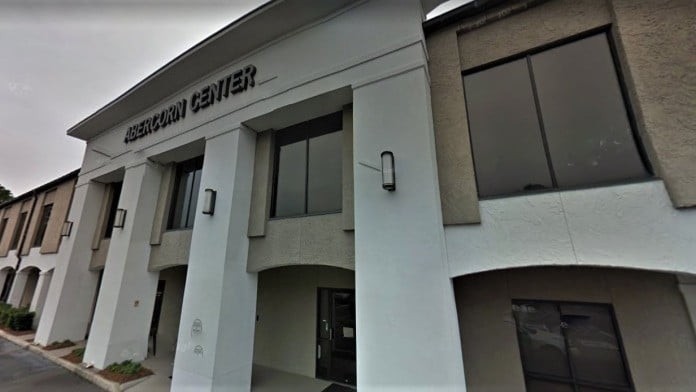 | Access Mental Health (Savannah)Access Mental Health, located at 6555 Abercorn Street, Suite 221, Savannah, GA 31405, is a specialized alcohol and drug rehabilitation center offering a variety of outpatient services for both adults and youth. The facility provides comprehensive dual diagnosis care, addressing drug, alcohol, and opioid dependencies through a team of experienced licensed mental health professionals. Clients benefit from a range of services, including peer support, counseling, psychiatric assistance, and case management, all designed to support their recovery journey. Access Mental Health accepts plans from most major insurance providers, making quality care accessible to those in need. 6555 Abercorn St # 221, Savannah, GA 31405 | Levels of Care:outpatient Payment Options:Medicaid Private insurance Self-Pay Options Financial Aid Medicare Military Insurance | ||
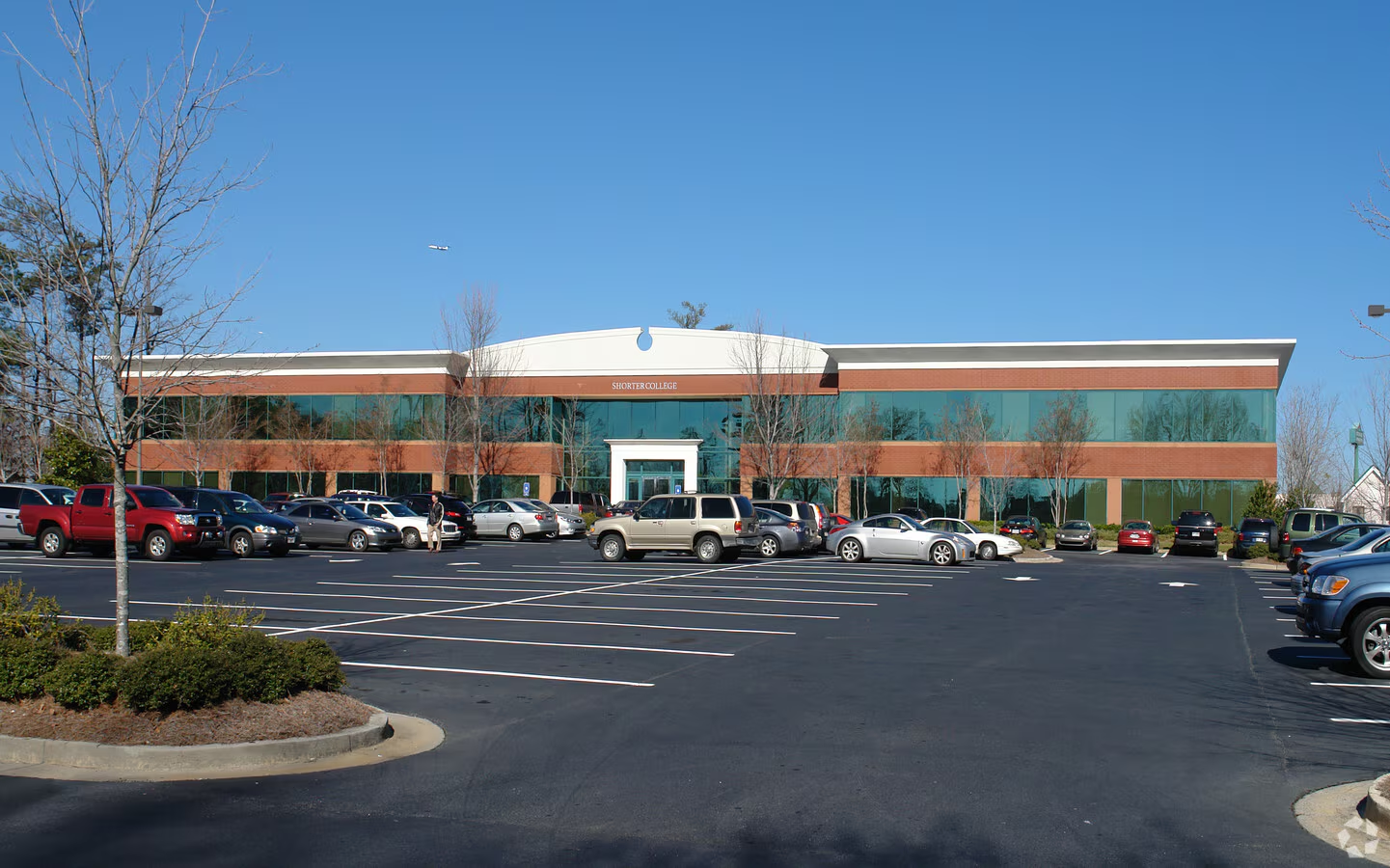 | Access Mental Health AgencyAccess Mental Health Agency, located at 1903 Phoenix Blvd., Suite 200, Atlanta, GA 30349, is a drug and alcohol rehabilitation facility dedicated to treating individuals with substance use and alcohol use disorders. Conveniently situated near Courtyard Atlanta Airport, the agency also specializes in helping adults with co-occurring mental health and addiction issues. With a focus on personalized treatment and support, Access Mental Health Agency is committed to fostering recovery and improving the lives of those they serve. 1903 Phoenix Blvd #200, Atlanta, GA 30349 | Levels of Care:outpatient Payment Options:Medicaid Private insurance Self-Pay Options Financial Aid Medicare | ||
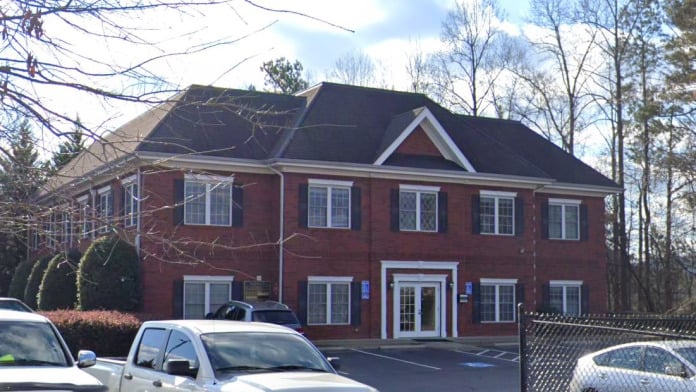 | Acorn Outpatient (Marietta)Acorn Outpatient, located at 1290 Kennestone Circle, Building D Suite 105, Marietta, GA 30066, is a private alcohol and drug rehabilitation center dedicated to treating a variety of substance abuse addictions, including alcoholism, co-occurring mental health disorders, and opiate addiction. The facility provides residential care for long-term support in addiction recovery, as well as flexible outpatient addiction therapy that allows patients to maintain their home life while receiving regular treatment. Additional levels of care include intensive outpatient programs and relapse prevention services, all designed to support individuals on their journey to lasting recovery. 1290 Kennestone Circle Building D Suite 105, Marietta GA, 30066 | Levels of Care:InpatientIntensive Outpatient (IOP)outpatientAftercare Support Payment Options:Private Insurance Self-Pay Options | ||
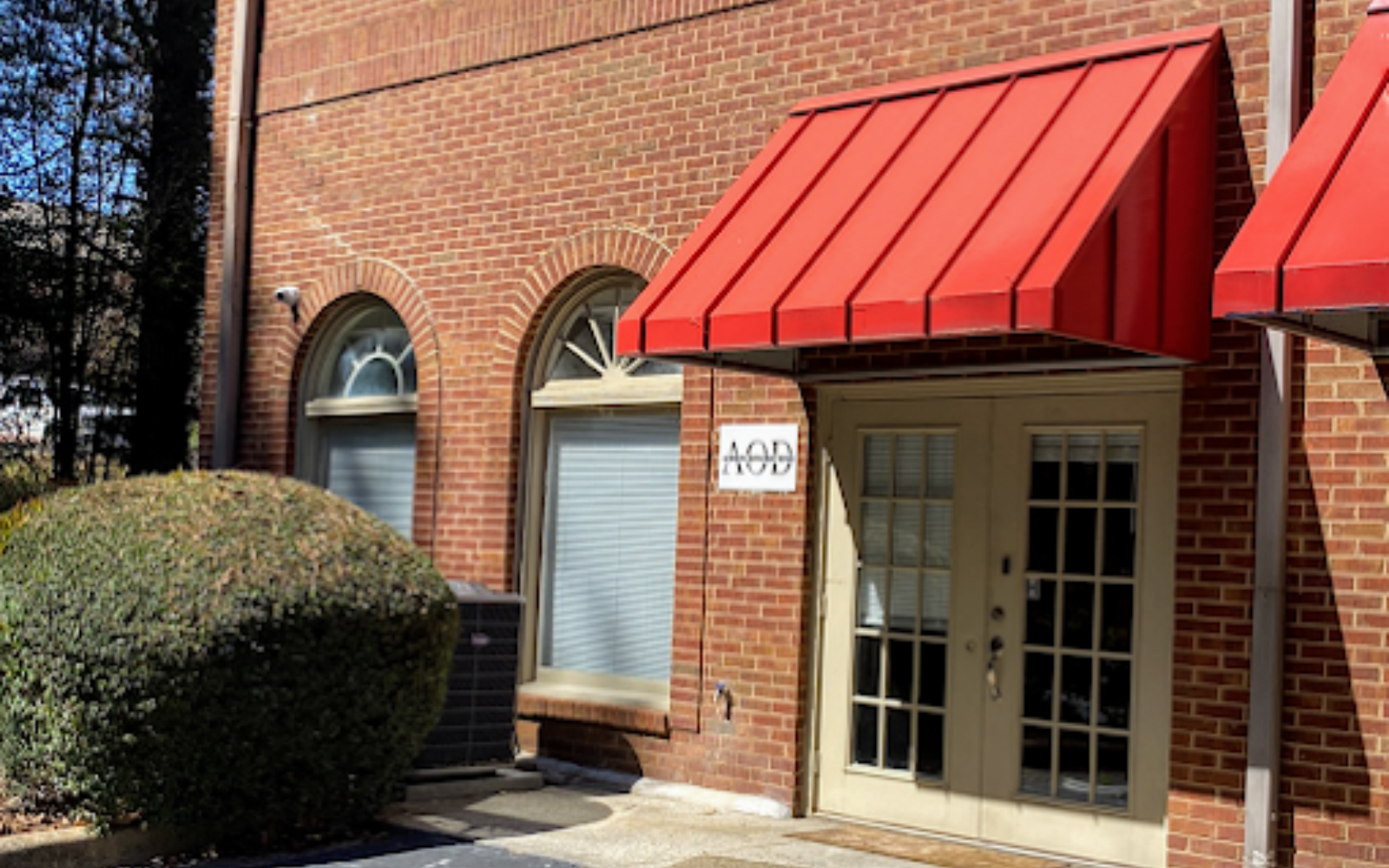 | Acworth Outpatient DetoxAcworth Outpatient Detox, located at 6060 Lake Acworth Dr # H, Acworth, GA 30101, is a premier addiction treatment center dedicated to providing comprehensive detox services for individuals seeking recovery. With an impressive rating of 4.8 from 112 Google reviews, the center is committed to creating a safe and supportive environment for clients during their detoxification process. Acworth Outpatient Detox emphasizes personalized treatment plans that incorporate evidence-based therapies, enabling clients to address their unique challenges effectively. The experienced and compassionate team at the center strives to empower individuals on their journey to recovery, helping them take vital steps towards a healthier, substance-free life. 6060 Lake Acworth Dr # H, Acworth, GA 30101 | Levels of Care:Detox Payment Options:Private Insurance Self-Pay Options | 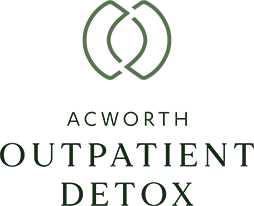 | |
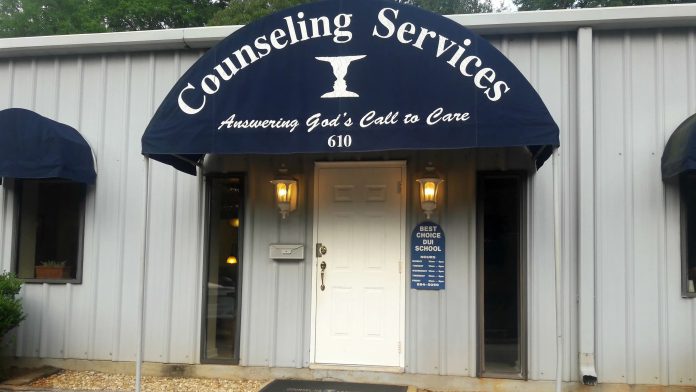 | Addiction Recovery Services (Lagrange)Addiction Recovery Services, located at 100 Smith Street, LaGrange, GA 30240, is a private alcohol and drug rehabilitation center dedicated to treating a variety of substance abuse addictions. The facility offers flexible outpatient addiction therapy, allowing patients to receive regular treatment while living at home. This approach ensures that clients can maintain their daily routines and support systems while working towards recovery. With a focus on personalized care and support, Addiction Recovery Services aims to empower individuals to overcome their addiction and achieve lasting recovery. 100 Smith St, LaGrange, GA 30240 | Levels of Care:outpatient Payment Options:Private Insurance Self-Pay Options | ||
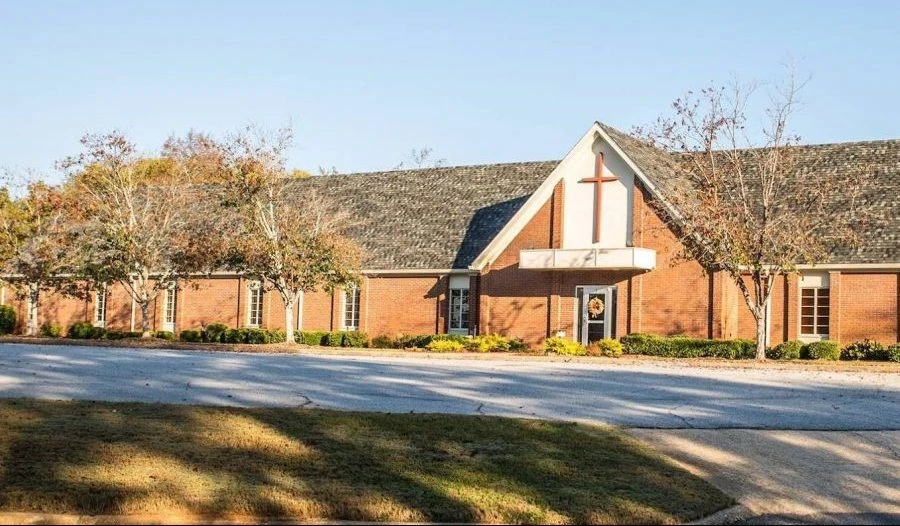 | Adult and Teen Challenge Columbus Women’s HomeOverview: Columbus Women’s Rehab is a dedicated mental health service provider located at 5304 Hurst Dr, Columbus, GA 31904. With a perfect rating of 5.0 based on 3 Google reviews, the facility is focused on addressing the unique mental health and recovery needs of women. Its commitment to compassionate care aims to empower women facing various challenges, including addiction, trauma, and mental health issues.Key Services Individual Counseling:Columbus Women’s Rehab offers personalized therapy sessions with licensed mental health professionals. These sessions focus on individual experiences, helping clients explore their feelings and develop effective coping strategies. Group Therapy:Group therapy is a vital component of the rehab program, providing a safe space for women to connect with others who share similar experiences. It fosters a sense of community and support, allowing participants to learn from one another. Substance Abuse Treatment:The facility may provide specialized programs for women struggling with addiction, offering resources and support for recovery. This includes both therapeutic interventions and educational components to address the complexities of substance use. Life Skills Training:Columbus Women’s Rehab often emphasizes the importance of life skills, helping women develop practical skills necessary for daily living and long-term recovery. This may include job readiness training, financial management, and stress reduction techniques. Aftercare Support:To ensure ongoing success, the facility likely offers aftercare programs that provide continued support and resources for women transitioning back into their daily lives after completing the rehab program. Treatment Philosophy Columbus Women’s Rehab operates under a philosophy that prioritizes: Empowerment: The facility emphasizes the importance of empowering women to take charge of their recovery journey, fostering independence and self-advocacy. Holistic Care: Recognizing the interconnectedness of mental, emotional, and physical well-being, the rehab program aims to address all aspects of a woman’s life. Supportive Environment: Creating a nurturing and safe space is essential, allowing women to share their experiences and heal without judgment. Community Impact Columbus Women’s Rehab plays a crucial role in the local community by: Providing Essential Services: By focusing on women’s mental health and recovery, the facility addresses a critical need for specialized support in the community. Raising Awareness: The rehab center helps raise awareness about women’s mental health issues and the importance of seeking help, encouraging more women to access the care they need. Collaboration with Local Resources: Columbus Women’s Rehab may collaborate with other organizations and healthcare providers to enhance the support network available to women in recovery. Challenges and Considerations While Columbus Women’s Rehab has achieved a commendable 5.0 rating based on limited reviews, it’s essential to continue gathering feedback to maintain high standards of care. Addressing any concerns raised by clients will be vital for sustaining its reputation and effectiveness in the community.Conclusion Columbus Women’s Rehab is dedicated to providing mental health and recovery services tailored to the unique needs of women in Columbus, Georgia. With its focus on empowerment, holistic care, and a supportive environment, the facility plays a vital role in helping women overcome challenges and achieve lasting mental wellness. Continuous improvement and responsiveness to client needs will be essential for enhancing the quality of care offered. 5304 Hurst Dr, Columbus, GA 31904 | Levels of Care:Inpatientoutpatient Payment Options:Medicaid Private insurance Self-Pay Options Financial Aid Medicare |  | |
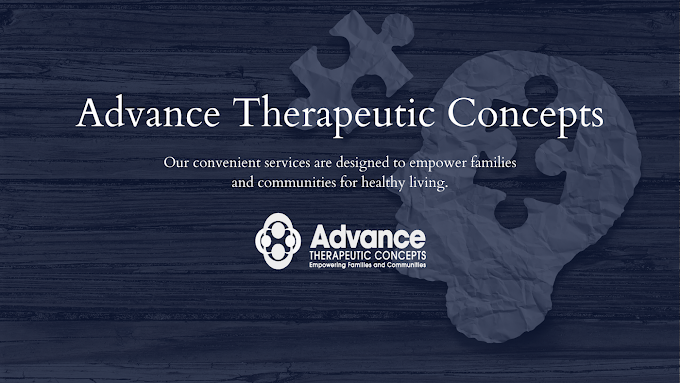 | Advance Therapeutic ConceptsAdvance Therapeutic Concepts, located at 2795 Main Street West, Suite 20-B, Snellville, GA 30078, is dedicated to helping adults and adolescents who are struggling with mental health issues or substance use disorders. The organization provides services in an outpatient setting, ensuring accessibility and support for clients. Additionally, telehealth support is available, offering more flexible care options to meet the needs of individuals. With a focus on compassionate and individualized treatment, Advance Therapeutic Concepts aims to empower clients on their journey toward improved mental health and recovery. 2795 Main St W, Snellville, GA 30078 | Levels of Care:Intensive Outpatient (IOP)outpatientMedically Assisted Detox Payment Options:Medicaid Private insurance Self-Pay Options Financial Aid Medicare Military Insurance | ||
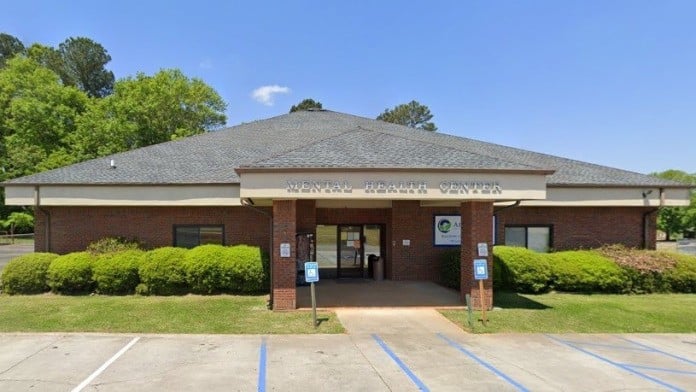 | Advantage Behavioral Health Center (Winder)Advantage Behavioral Health Center, located at 98 Lanthier Street, Winder, GA 30680, is an outpatient treatment facility dedicated to supporting adults and teens struggling with substance use disorders. In addition to substance use treatment, the center offers comprehensive behavioral health services to address coexisting mental health issues. With a focus on individualized care and recovery, Advantage Behavioral Health Center aims to empower clients on their journey toward a healthier and more fulfilling life. 98 Lanthier, Winder, GA 30680 | Levels of Care:outpatient Payment Options:Medicaid Private insurance Self-Pay Options Financial Aid Medicare |  | |
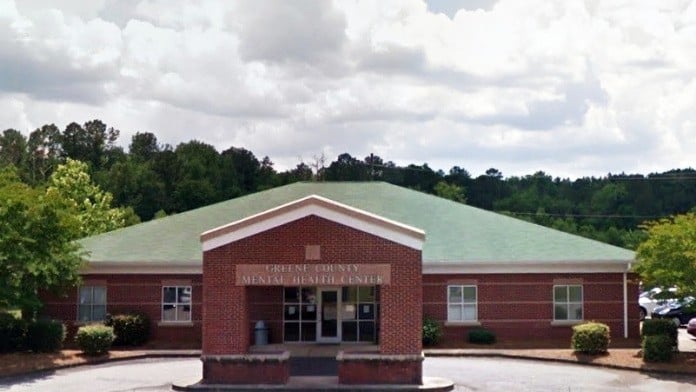 | Advantage Behavioral Health Center: Greene CountyAdvantage Behavioral Health Systems, located at 1040 Silver Road, Greensboro, GA 30642, specializes in providing outpatient clinic services for individuals aged 18 and older with mental health needs. The organization offers a comprehensive range of services, including individual, group, and family counseling, tailored to meet the diverse needs of clients. With a focus on fostering mental well-being and recovery, Advantage Behavioral Health Systems is dedicated to supporting adults in their journey toward improved mental health and overall quality of life. 1040 Silver Dr, Greensboro, GA 30642 | Levels of Care:outpatient Payment Options:Medicaid Private insurance Self-Pay Options Financial Aid Medicare Military Insurance |  | |
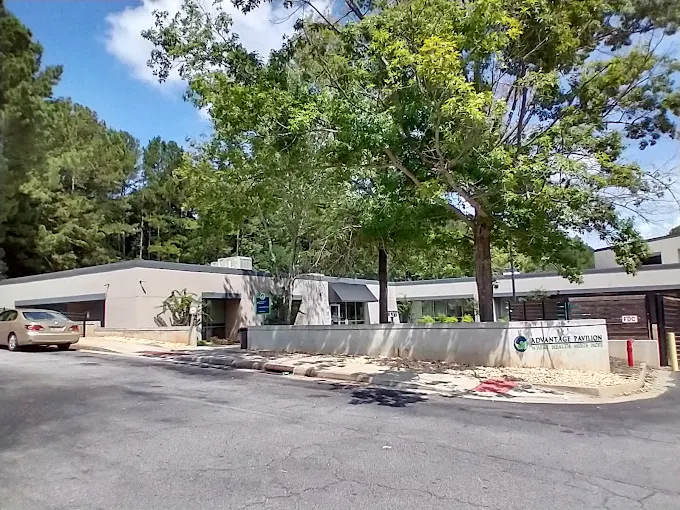 | Advantage Behavioral Health Systems - Clarke CountyAdvantage Behavioral Health, located at 240 Mitchell Bridge Rd, Athens, GA 30606, is a mental health clinic that offers a variety of services to support individuals facing mental health challenges. With a rating of 2.9 based on 86 Google reviews, the clinic is dedicated to providing compassionate care and effective treatment options. The facility aims to promote recovery and well-being for clients through a range of therapeutic interventions tailored to individual needs. 240 Mitchell Bridge Rd, Athens, GA 30606 | Levels of Care:outpatient Payment Options:Medicaid Private insurance Self-Pay Options Financial Aid Medicare Military Insurance |  | |
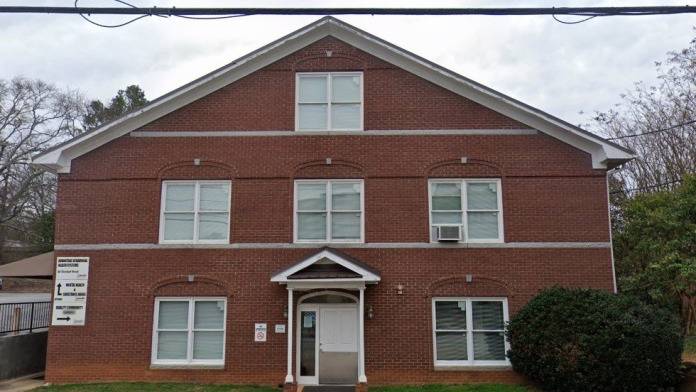 | Advantage Behavioral Health Systems: Elbert CountyAdvantage Behavioral Health Systems, located at 50 Chestnut Street, Elberton, GA 30635, is a dedicated behavioral health care center that offers a range of treatment options and recovery-oriented community systems of care. The center focuses on providing comprehensive behavioral health care for individuals seeking support for mental health issues. For clients whose primary diagnosis involves addiction, Advantage Behavioral Health Systems can facilitate referrals to specialized drug rehabilitation centers. With a commitment to promoting recovery and overall well-being, the center aims to empower clients on their path to healing. 50 Chestnut St, Elberton, GA 30635 | Levels of Care:outpatient Payment Options:Medicaid Private insurance Self-Pay Options Financial Aid Military Insurance |  | |
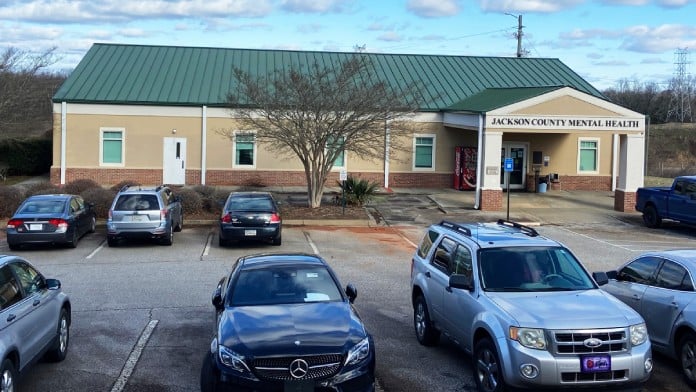 | Advantage Behavioral Health Systems: Jackson CountyAdvantage Behavioral Health Systems: Jackson County, located at 383 Stan Evans Drive, Jefferson, GA 30549, is an alcohol and drug rehabilitation center dedicated to providing comprehensive care for adults and youth. The facility offers outpatient services addressing alcohol, drug, opioid, and mental health needs. Clients have access to a range of essential services, including psychiatric support, therapy, anger management, medication management, support groups, and psychosocial rehabilitation. With a focus on individualized care and support, Advantage Behavioral Health Systems aims to empower individuals on their journey to recovery and improved mental health. 383 Stan Evans Dr, Jefferson, GA 30549 | Levels of Care:InpatientIntensive Outpatient (IOP)outpatientAftercare SupportPartial Hospitalization Program (PHP)Medically Assisted DetoxSober Living HomesIntervention Services Payment Options:Medicaid Private insurance Self-Pay Options Financial Aid Medicare Military Insurance |  | |
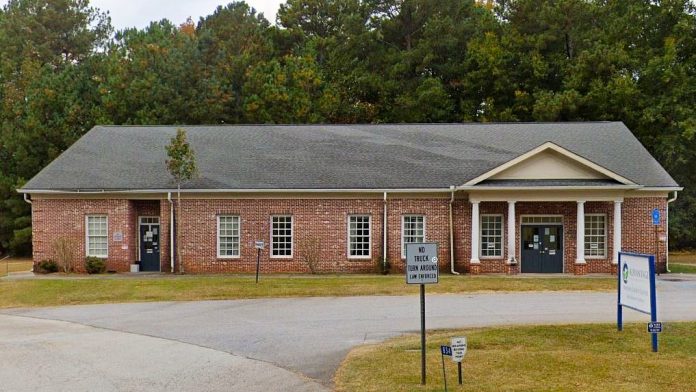 | Advantage Behavioral Health Systems: Walton CountyAdvantage Behavioral Health Systems, located at 834 Highway 11 South, Monroe, GA 30655, is dedicated to providing effective treatment for a variety of behavioral challenges for individuals and families in Walton County. With multiple locations across Georgia, the Monroe facility offers a range of services aimed at promoting mental health and well-being. Focused on compassionate care and evidence-based practices, Advantage Behavioral Health Systems empowers clients to overcome challenges and achieve lasting recovery. 834 GA-11 SW, Monroe, GA 30655 | Levels of Care:outpatient Payment Options:Medicaid Private insurance Self-Pay Options Financial Aid Medicare Military Insurance |  | |
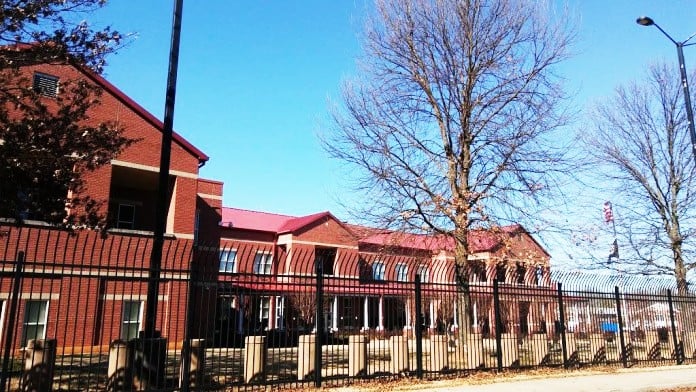 | Advantage Counseling ServicesAdvantage Counseling Services, located at 1299 Battle Creek Road, Suite 230-B, Jonesboro, GA 30236, is a private alcohol and drug rehabilitation facility that provides treatment for a variety of substance abuse addictions, including alcoholism, opiate addiction, and co-occurring mental health disorders. The center offers flexible outpatient addiction therapy, allowing patients to receive regular treatment while living at home. With a focus on individualized care, Advantage Counseling Services aims to empower clients on their journey to recovery and improved mental health. 1299 Battle Creek Road, Suite 230-B, Jonesboro, GA 30236 | Levels of Care:outpatient Payment Options:Medicaid Medicare Self-Pay Options |
Find Georgia drug rehabs in cities near you or sort by letter.
Calls to any general helpline will be answered or returned by one of the treatment providers listed, each of which is a paid advertiser:
Our helpline is available 24 hours a day, 7 days a week at no cost to you and with no obligation for you to enter into treatment. We are committed to providing support and guidance whenever you need it.
In some cases, Addiction Helpline America charges our verified partner a modest cost per call. This fee helps us cover the costs of building and maintaining our website, ensuring that we can continue to offer this valuable service to those in need.